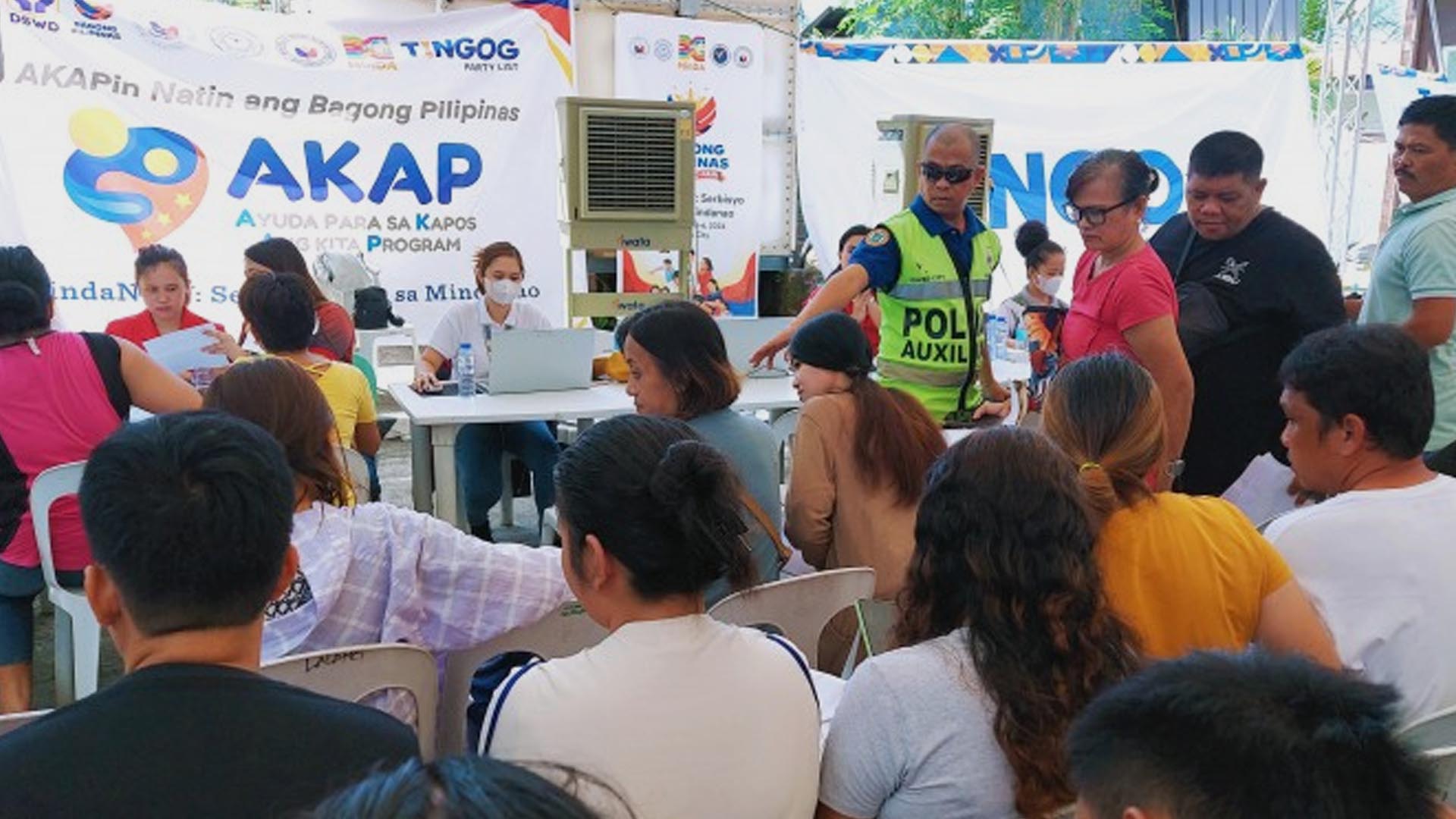Senator Grace Poe assured on Wednesday that senators are ready to listen to counterparts from the House of Representatives who might insist to restore the PHP39-billion fund for the Ayuda Para sa Kapos ang Kita Program (AKAP) during the bicameral conference for the 2025 General Appropriations Bill (GAB).
Poe, who chairs the Senate Committee on Finance, said senators want some clarifications about the program on how does it really help ordinary Filipinos.
“So, hindi naman natin sinasabi na hindi mare-restore ito pero gusto lang namin malaman na ito ba talaga ay justified at hindi lang umuulit sa isang programa at ito ba talaga ay magiging benepisyo sa mga nangangailangan talaga (we are not saying that it cannot be restored but we just want to know if it is really justified and not just repeating a program and if it will really benefit those who really need it),” she said.
The senator cited one of AKAP’s purpose “to help with inflation” as insufficient justification considering that almost everyone is affected by inflation.
“Kasi pwede namang mayaman pero apektado ng inflation. So, yun lang naman. Bukas naman tayo sa kanilang rason (Because you can be rich but can still be affected by inflation. So, that’s all. We are open to hear their reasons),” Poe said.
In the Senate’s version of the 2025 GAB, the funding for AKAP was reallocated to senior citizens’ retirement pension, Kapit-Bisig Laban sa Kahirapan-Comprehensive and Integrated Delivery of Social Services (Kalahi-CIDSS), and livelihood programs for farmers and fisherfolk.
Senator Imee Marcos earlier proposed to combine AKAP with the Assistance to Individuals in Crisis Situations (AICS) for a more effective aid distribution.
AKAP and AICS are both programs of the Department of Social Welfare and Development (DSWD) which have different target beneficiaries.
AICS aims to help individuals dealing with a crisis and in need of temporary and immediate financial assistance, while AKAP provides various types of financial assistance for individuals with low income, and not more than the set minimum wages, that are most affected by inflation, as well as those who are not included in the regular program for the poor. (PNA)




















